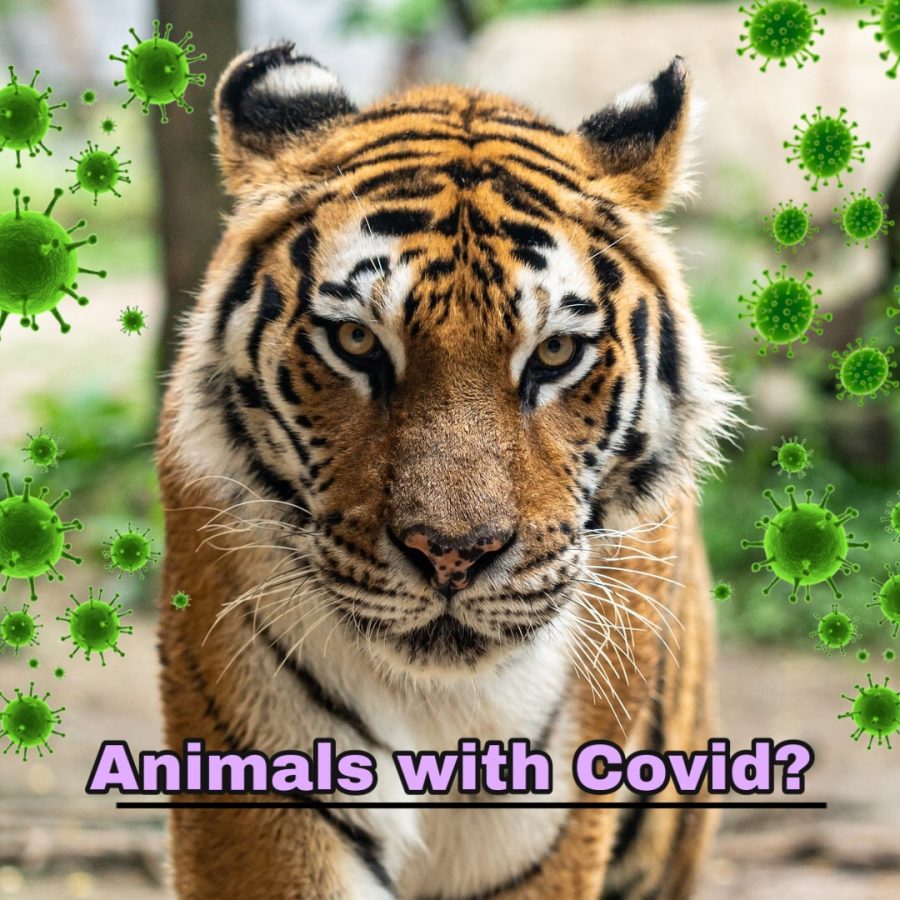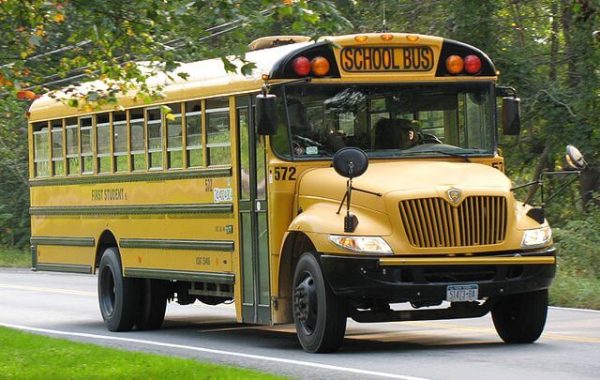Animals with Covid?
Covid-19 has been circulating around the world for at least a year now. It has affected humans and animals alike, which begs the question, how does Covid-19 affect and relate to animals?
A student commented her thoughts on the matter: “I think that it’s terrible that animals are also catching Covid-19. It’s sad to know that the virus may affect them more seriously in the future.”
Animals with Covid-19
While animals can catch Covid-19, the risk of getting it from them is very low. This might change in the future though due to possible future mutations of the virus. The virus could eventually develop to jump from animals to humans at increased rates.
So far, according to studies on dogs affected by Covid-19, no symptoms have been observed within domestic cats and dogs. On the other hand, tigers and lions with Covid-19 exhibited dry coughing and decreased appetite. Regardless, we cannot observe these symptoms and effects accurately due to the low amount of cases to study.
Though low, some animals have different transmission risks than others. Animals with similar receptor proteins to us, such as gorillas and monkeys, have elevated infection risks as compared to others. Alligators and house mice are found to fit into the category of lower transmission and infection risk.
Recently, they’ve vaccinated great apes at San Diego Zoo. This experimental vaccine addressed the concerns which conservationists had over great apes. Gorillas find themselves in critical endangerment. These apes risk spreading Covid-19 among their familial groups as they are social animals. Covid-19 could be a devastating hit on great apes if these are not protected in any way, shape or form. For now, these great apes are the only animals that have received vaccines as others, such as cats and dogs, do not necessarily need them for now.
Pandemics and animals
Throughout history, animals have caused multiple pandemics, all the way from HIV to Ebola. Covid-19 is no different. By interacting with livestock and wildlife so frequently, the possibilities for diseases are immeasurable. As long as we coexist in such close contact with animals, the number of viruses and diseases only increases.
According to scientists and ecologists, future pandemics may be more frequent, dangerous and spread more rapidly. Scientists have stated that this is a case of ‘when and not if’, determining that this a very likely case. This means that unless we dramatically change the ways we interact with wildlife, it will be hard to overturn this possibly unavoidable future.








